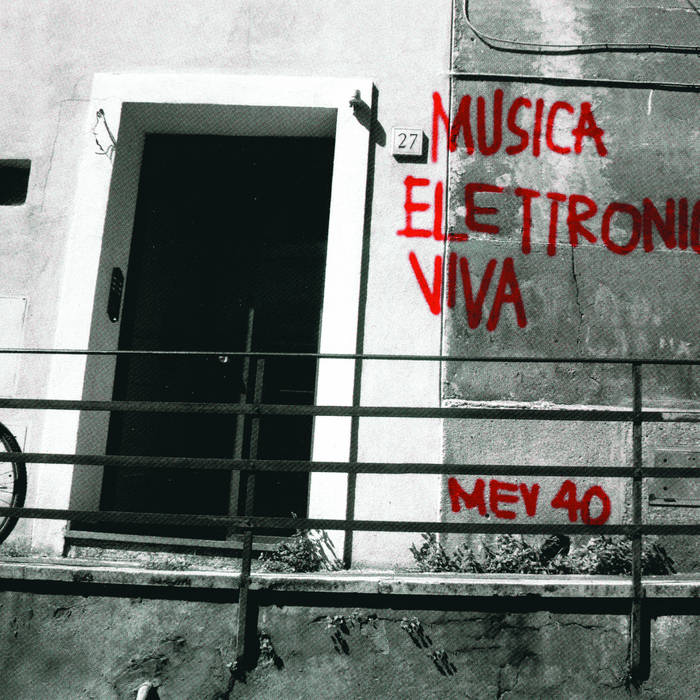ROMAVANTGARDE
 ROMAVANTGARDE - The Musical Avant-Garde in Rome in the 1960s: Actors and Networks in Music History
ROMAVANTGARDE - The Musical Avant-Garde in Rome in the 1960s: Actors and Networks in Music History
ID Call: HORIZON-MSCA-2021-PF-01 MSCA Postdoctoral Fellowships
Sapienza's role in the project: Host Institution
Supervisor: Emanuele Senici
Fellow: Christophe Levaux
Department: History, Anthropology, Religion, Arts and Performing Arts
Project start date: December 1, 2022
Project end date: September 30, 2024
Abstract:
 ROMAVANTGARDE aims to reveal a particular phenomenon in the history of music: the effervescence of avant-garde networks in Rome during the 1960s. This phenomenon saw the first steps of influential figures to come: Frederic Rzewski, Alvin Curran, and Ennio Morricone. But it is also of particular interest as it involved a large number of artists from varied national and cultural horizons, connected diverse institutions (schools, bars, religious establishments), and saw the convergence of various genres (art, jazz, and popular music) to create original repertoires. As a consequence, this is an ideal case to contribute to research on musical creativity and, in particular, to study how art music creation—despite the enduring paradigm of the individual genius—is a collective phenomenon involving human but also nonhuman actors (institutions, artefacts, concepts). To do so, ROMAVANTGARDE draws specifically on Actor-Network Theory (ANT), but also on Social Network Analysis (SNA). The first approach maps the social relationships between people, objects, and ideas, treating them all as agentic entities that form a vast network. The second explores social structures using networks and graph theory. The combination of both will prove an innovative tool for the understanding of sociotechnical networks in music creation.
ROMAVANTGARDE aims to reveal a particular phenomenon in the history of music: the effervescence of avant-garde networks in Rome during the 1960s. This phenomenon saw the first steps of influential figures to come: Frederic Rzewski, Alvin Curran, and Ennio Morricone. But it is also of particular interest as it involved a large number of artists from varied national and cultural horizons, connected diverse institutions (schools, bars, religious establishments), and saw the convergence of various genres (art, jazz, and popular music) to create original repertoires. As a consequence, this is an ideal case to contribute to research on musical creativity and, in particular, to study how art music creation—despite the enduring paradigm of the individual genius—is a collective phenomenon involving human but also nonhuman actors (institutions, artefacts, concepts). To do so, ROMAVANTGARDE draws specifically on Actor-Network Theory (ANT), but also on Social Network Analysis (SNA). The first approach maps the social relationships between people, objects, and ideas, treating them all as agentic entities that form a vast network. The second explores social structures using networks and graph theory. The combination of both will prove an innovative tool for the understanding of sociotechnical networks in music creation.

